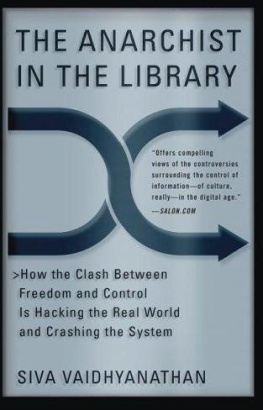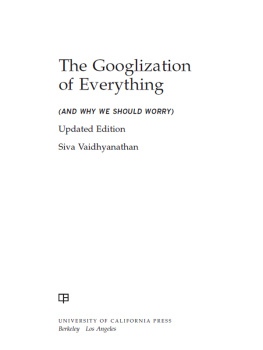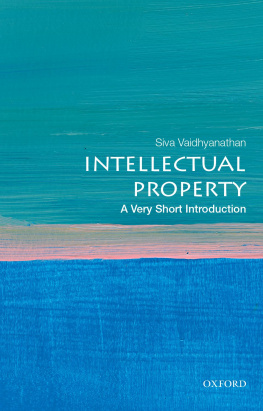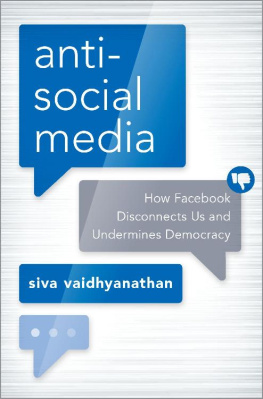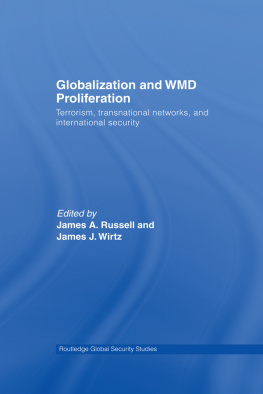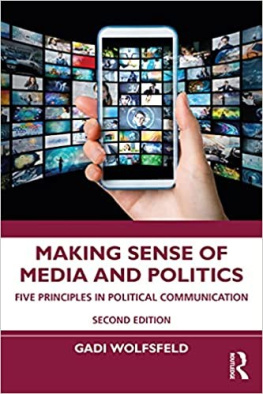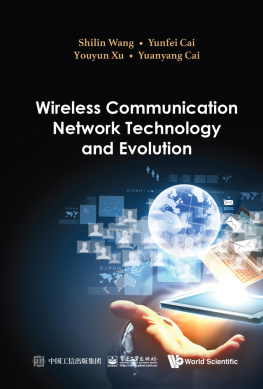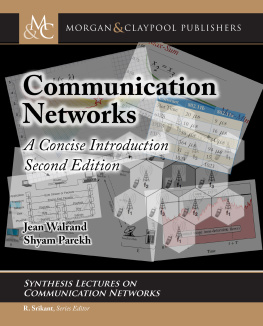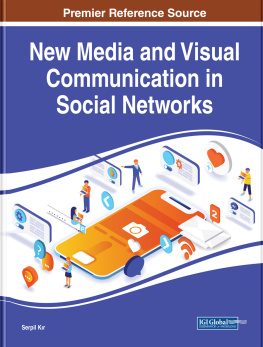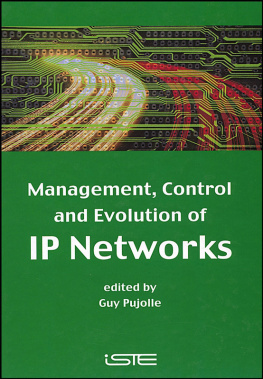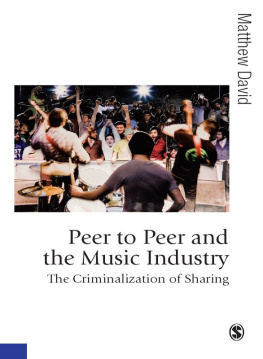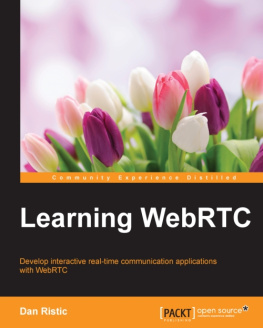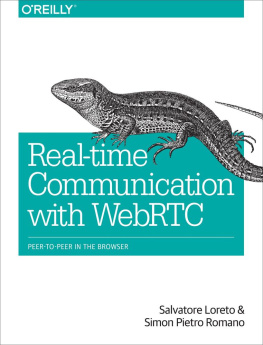Table of Contents
For Melissa
I am a citizen of the Kosmos, the Universe.
Diogenes of Sinope
I am a citizen of the worldIm a drunkard.
Rick of Casablanca
INTRODUCTION
One hot, peaceful day in July 2001, the front page of my daily newspaper showed a picture of Russian President Vladimir Putin smiling and embracing Chinese President Jiang Zemin. They had just signed a treaty of friendship and cooperation spurred by growing conflict with the United States. Both governments had received stinging criticism for cracking down on what they considered troublesome speech. China came under pressure to release American scholars arrested while doing research in China, and Russian officials were accused of stifling internal dissent after Putin took office. In voicing concerns about the treatment of dissenting voices and academic researchers, the United States took the moral high ground.
So it was somewhat incongruous when, later that same day, U.S. officials arrested a Russian computer scientist and charged him with violating an American law while he was working in Moscow: writing the wrong computer program.
The FBI detained the Russian software engineer, Dmitry Sklyarov, after he gave a speech about encryption at Defcon, an annual hacker convention in Las Vegas. Sklyarov, a programmer for the Moscow-based company Elcomsoft, was about to board a plane at the Las Vegas airport when federal agents accosted him. A warrant had been issued the previous month by the Federal District Court for Northern California in San Francisco charging Sklyarov with a criminal violation of the Digital Millennium Copyright Act (DMCA) for revealing weaknesses in an encryption scheme that the software company, Adobe, employed in its electronic book-reading program. His speech over the weekend outlined how weak and easy to crack the Adobe system was.
Sklyarov was not arrested for talking about decryption but for composing the software that unlocked the Adobe eBook Reader encryption system. His software turned protected digital eBook files into the easily accessible portable document format (PDF), which makes them readable on more than one computer and easier for sight-impaired people to use. Until the summer of 2001, Sklyarovs employer, Elcomsoft, sold copies of the decryption software, called Advanced eBook Processor, for $99. Adobe, like so many other firms that trade in culture and information, was worried that its products could be shared without remuneration by millions of users of peer-to-peer communication networks. After all, in 2001 U.S. courts ruled that Napster, the company that sponsored the most notorious music file-sharing system, had contributed to the copyright infringement of millions of songs.
Dmitry Sklyarovs arrest caused a minor international uproar. Computer scientists and encryption experts announced they would not travel to the United States, since their work might be misinterpreted as a threat to American businesses. Free Dmitry appeared on Web sites and T-shirts. Adobe was shamed into announcing that it was not behind the move to prosecute the scientist. The federal government eventually dropped the charges against Sklyarov in exchange for his agreement to testify against Elcomsoft. In the fall of 2002, a jury found Elcomsoft not guilty, and jurors wondered how the DMCA could be enforced against a foreign national or company for work done outside U.S. borders.
The Sklyarov case raises some important questions about how the information environment will be regulated in the twenty-first century. Can a cultural industry survive or thrive without high protection from the state? Should governments try to enforce information policies across borders and oceans? Is it possible to prevent the invention and distribution of a small batch of code or an algorithm? What implications do such laws and technologies have for imagination, expression, adaptation, and aggregation of culture and information? What impact will these laws have on science and mathematics research? What does it mean for the future of democracy when a nation prosecutes someone for opening up the electronic text of Aldous Huxleys Brave New World ?
The Sklyarov case shows how quickly battles to control digital communication can spill over into the real world. The issues of democracy, sovereignty, and control in the digital world are not new. Until now the debate has focused on whether we should and how we could install friction into an otherwise unregulated medium; about how closely we should try to make cyberspace conform to and resemble the analog world. The metaphors we use to discuss controls in cyberspace always appear clumsily lifted from our more familiar transactions: locks, gates, firewalls, crowbars, vandals, and shoplifters. Those with a vested interest into the status quo have been trying to lock their economic and communicative advantages into the new electronic networks. Others have been arguing that cyberspace is so fundamentally different that no rules should apply. What neither of these sides has acknowledged, what makes these issues so urgent, is that instead of cyberspace becoming more like the real world, the real world is becoming more like cyberspace. Its become trite to say we live in an information world in which bytes mean as much as atoms. But lately the debate over topics as urgent and diverse as cultural identity and national security suggests that we have allowed our virtual worlds to invade our real worlds, altering forever the terms we use to describe our problems and the tools we use to manage them.
Oligarchy Versus Anarchy
This is a story of clashing ideologies and dizzying technologies. The ideologies did not arise with the popularity of America Online or the merger of Vivendi and Universal. In fact, they are among the oldest ideologies still around: anarchy and oligarchy. Anarchy is a governing system that eschews authority. Oligarchy governs from, through, and for authorities. These ideologies feed off each other dialectically. Oligarchy justifies itself through moral panics over the potential effects of perceived or imagined anarchy. Anarchy justifies itself by reacting to alarming trends toward oligarchy. Anarchy and oligarchy have new resonance in our digital, connected age. These ideologies are rapidly remaking our global information ecosystem, and the information ecosystem is remaking these ideologies. Those of us who are uncomfortable with either vision grow increasingly frustrated with the ways our media, cultural, information, and political systems are changing. We thought we had gone a long way toward disposing of anarchy and oligarchy, but they are back in slick new forms.
Freedom can be terrifying. Cultural and technological trends are increasing freedom in ways many people find threatening. Yet the reactions (or more accurately preactions) to these trends are extreme, ill-considered, and imposed unilaterally without public discussion or deliberation: easy answers to difficult problems. More often than not, we have used technological quick fixes to avoid complex, serious discussion of the dangers posed by the increasing speed and amount of information. I hope to prompt more careful thinking about how much and which freedoms are excessive or dangerous. And I hope to identify and criticize moral panics engendered by the common perception that freedoms are getting out of hand, that the anarchists are taking over the libraries.
More centrally, I am concerned about the blowback against the specter of information anarchy, and the ways those reactions constitute threats to the widely accepted freedoms to browse, use, reuse, alter, play with, distribute, share, and discuss information. These are valuable behaviors that help creators and citizens shape their worlds. The strange interactions among technologies, ideologies, and desires that have emerged in the past decade have opened up new ways to be creators, consumers, and citizens.

